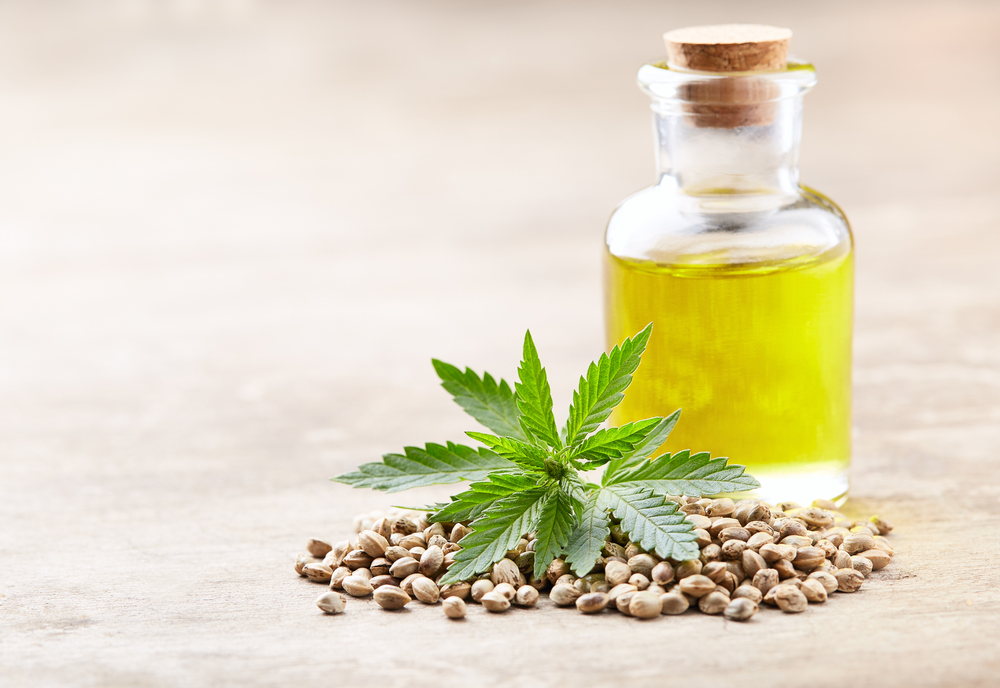
By Jorie Zajicek and Ryan C. Davis
What Is The Difference Between Hemp and Marijuana?
Hemp and marijuana are different varieties of the same cannabis plant. The best example I’ve been given to understand this is the comparison of caffeinated coffee and decaf coffee. Both are coffee, but the chemical makeup is different. The cannabis plant produces more than 100 different compounds, but the two most common (and most useful) are tetrahydrocannabinol (THC) and cannabidiol (CBD).
THC is a compound in the cannabis plant that has psychoactive effects that can make you feel “high,” among other effects. There are different types of THC compounds, but the most common are Delta-9 THC, Delta-8 THC, Delta-10 THC, and THC-O. Some of these compounds are found naturally, and others are manufactured. It’s important to note that most synthetic cannabinoids have not been properly tested for safety and efficacy in human studies.
- Delta-9 THC is derived naturally from the cannabis plant, and is what most people are referring to when referencing marijuana or “weed.”
- Delta-8 THC is an isomer, or chemical variant, of Delta-9 THC. It is found only at minuscule levels in natural cannabis. High levels of Delta-8 THC can only be produced artificially by chemically converting CBD or Delta-9 THC through a process known as isomerization.
- Delta-10 THC is a completely synthetic isomer of Delta-9 THC that is believed to have less psychoactive effects than Delta-8 THC. Delta-10 is one of several isomers (Delta-6, Delta-7, etc) that do not occur naturally in cannabis, but instead are created synthetically in a lab.
- THC-O acetate is another synthetic cannabinoid, and is believed to be stronger than Delta-9 THC.
CBD is a compound that has no psychoactive effects, and pure CBD does not contain any THC. CBD is believed by some to have calming, pain reducing, or anti-inflammatory benefits.
Importantly, the key difference between whether cannabis is considered hemp or marijuana is the delta-9 THC content found in the plant. Hemp is defined as cannabis that contains less than 0.3% delta-9 THC concentration by dry weight. Marijuana is defined as cannabis that has more than 0.3% delta-9 THC concentration by dry weight. Both hemp and marijuana also contain various levels of CBD.
What is legal in Tennessee?
Marijuana, which is distinguishable from hemp based on the amount of delta-9 THC, is illegal to grow or possess in Tennessee. However, derivatives of cannabis are not considered marijuana if the level of delta-9 THC in the product is less than 0.3%. (T.C.A. 39-17-402(16)). Thus, although forms of THC such as delta-8, delta-10, and THC-O can be just as psychoactive as delta-9 THC, there are currently no laws regulating those variations and as such, said forms of THC are currently legal.


